This post may contain affiliate links Read the disclosure policy here.

Turkey Travel Guide
TURKEY travel guide:
Straddling the Islamic world and the European Union, Turkey is one of the easiest and most fascinating ways to explore Islamic culture. Given its amazing food, the rich history of the city of Istanbul, landscapes and sunrises in Cappadocia, the impressive mosques, night life, great beaches and delicious Turkish cuisine, It's no wonder Turkey is one of the most visited destinations in the world!!
further, not only is it a safe destination, but also one that, In my opinion, everyone should experience at least once in their life.
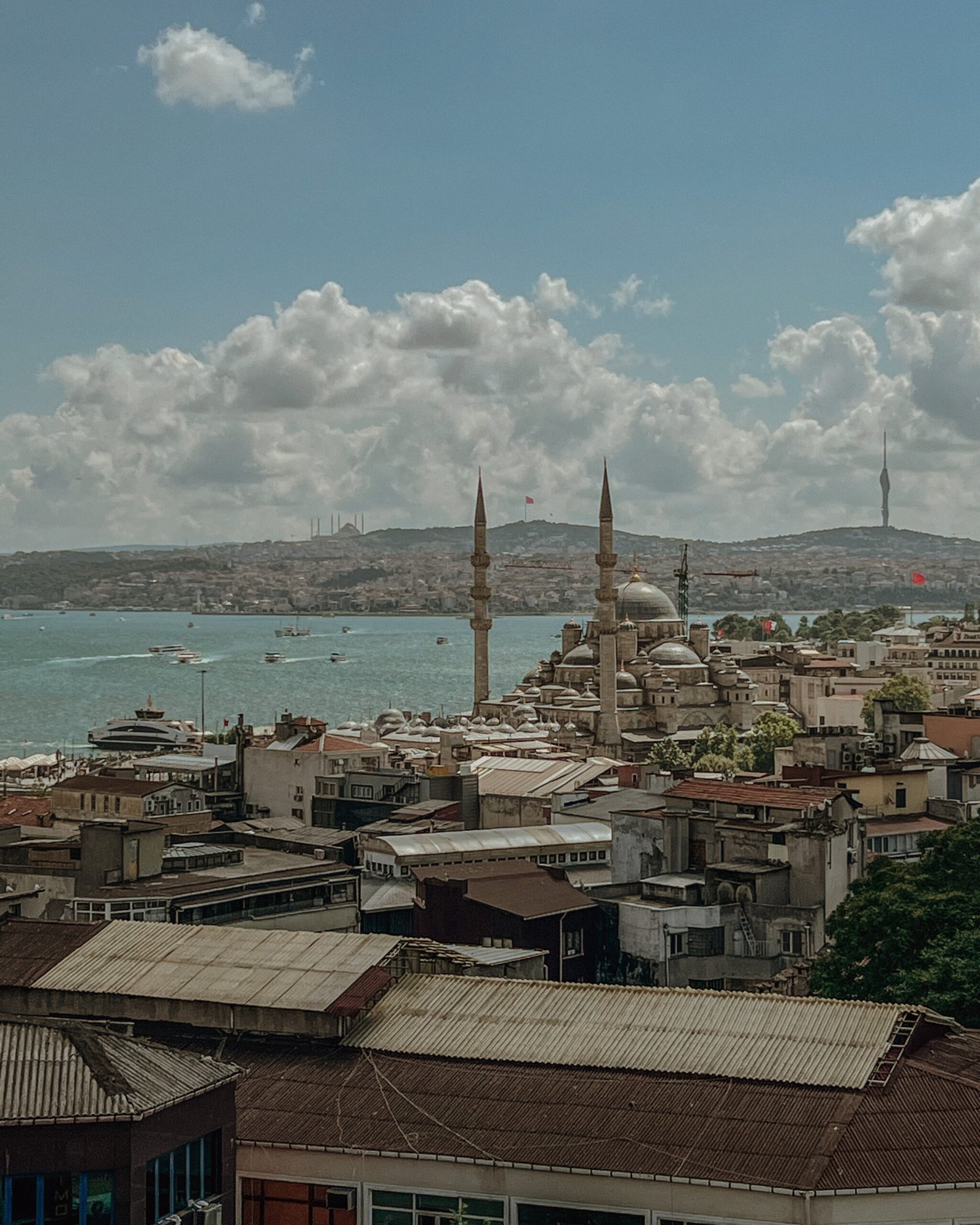
BRIEF HISTORY OF THE COUNTRY
Turkey is a relatively young country from a political or national point of view (founded in 1923). Nevertheless, their people, history and culture settled there thousands of years ago.
Although many people think that the Ottomans (who dominated the region from the Middle Ages to the beginning of the 20th century) they were the only ones settled in this area; The reality is that many civilizations, from the assyrians to the hittites, lost, greeks and romans, they settled there for millennia.
Due to this mixture of cultures and layers of history, you can find everything in turkey: from Byzantine palaces to Roman amphitheaters, ancient tombs, Hittite ceramic traditions and World War I battlefields. Turkey has something for everyone when it comes to history.
WHAT TO EXPECT FROM TURKEY
Language: The official language of Turkey is Turkish. Nevertheless, el kurmanji, Arabic and Zazaki are also widely spoken.
Currency: The official currency of Turkey is the Turkish lira. (TRY).
Capital: Ankara, although I am sure that Istanbul comes to mind for many.
Credit cards and ATMs: Credit and debit cards are widely accepted in Turkey, especially Visa and Mastercard. American Express payment is generally only available at select hotels and restaurants.
If you plan to go shopping at the markets, I also recommend that you carry cash with you.
Fortunately, ATMs are very common in Turkey, so it will be very easy to get cash during your trip. further, when withdrawing money from an ATM, you will most likely get a pretty fair exchange rate. I recommend using ATMs attached to banks when possible to avoid card issues.
plugs: in Turkey, standard plug is type F, standard voltage is 220 V and the standard frequency is 50 Hz.
Security: Is it safe to travel to Turkey? Turkey's area near the Syrian border is and has been off limits for some time. Nevertheless, the most tourist destinations such as Istanbul, Antalya and Cappadocia are relatively safe (provided you take normal precautionary measures when traveling to an unknown country); and all the areas we visited in our week in Turkey were safe according to the website Travel.State.Gov.
Here are the links to the current state of Turkey for American citizens , spanish citizens Y british citizens. My advice is to always try to follow the government travel recommendations.
further, I always recommend traveling with travel insurance with good coverage. So in case you need to change your trip due to some unfortunate change you will not have problems. World Nomads is an excellent travel insurance plan that will cover you for trip cancellation or emergency medical expenses and they have assistance the 24 hours when you need help.
Other considerations: As they begin to build your itinerary, you'll need to do some research when certain things are open or closed. For example, most mosques are closed or have very restricted hours on Fridays, so it is not the best day to plan visits to them. On the other hand Hagia Sophia is closed on Mondays.

WHEN TO VISIT TURKEY
For an ideal climate, spring months are perfect, since you can enjoy long days and the heat has not yet arrived. Because the temperatures are almost perfect, this is the high season for cities like Istanbul and Cappadocia. Nevertheless, these months are low season for beach resorts in turkey.
During the summer months, you will find a warm climate and lots of sun throughout the country, which means that both locals and tourists flock especially to coastal destinations.
Autumn is also a wonderful time to visit Turkey. The days are shorter and there is a higher chance of rain (especially in October), but the climate in general is very temperate.
Winter, on the other hand, it is usually cold and rainy, so if this is not an inconvenience for you, during these months you will find much less travelers.
Regarding the destinations I visited during my week in Turkey:
- istanbul: It is a hot city and full of tourists from June-August. The middle season of April/May and September/October has a pleasant climate, but there may be some rainy days. From November to March the temperatures are cooler and it rains more, but for this reason there is also much less tourism.
- cappadocia: you can visit it throughout the year, but balloon flights may be canceled depending on the weather. If you are going to visit Cappadocia during a month of doubtful weather, I recommend you stay at least one more day to have an additional opportunity to fly or watch the balloons fly from one of the terraces of the city.
The best months to visit are: April, Mayo, September and October. From June to August temperatures are high during the day!! (although we visited it in mid-June and we did not mind the heat), and in winter it usually snows. - Bodrum: high season in Bodrum is July and August. If you prefer a holiday with fewer people and with good weather, you can travel in may, June or September. Please note that some hotels in Bodrum are closed during low season.
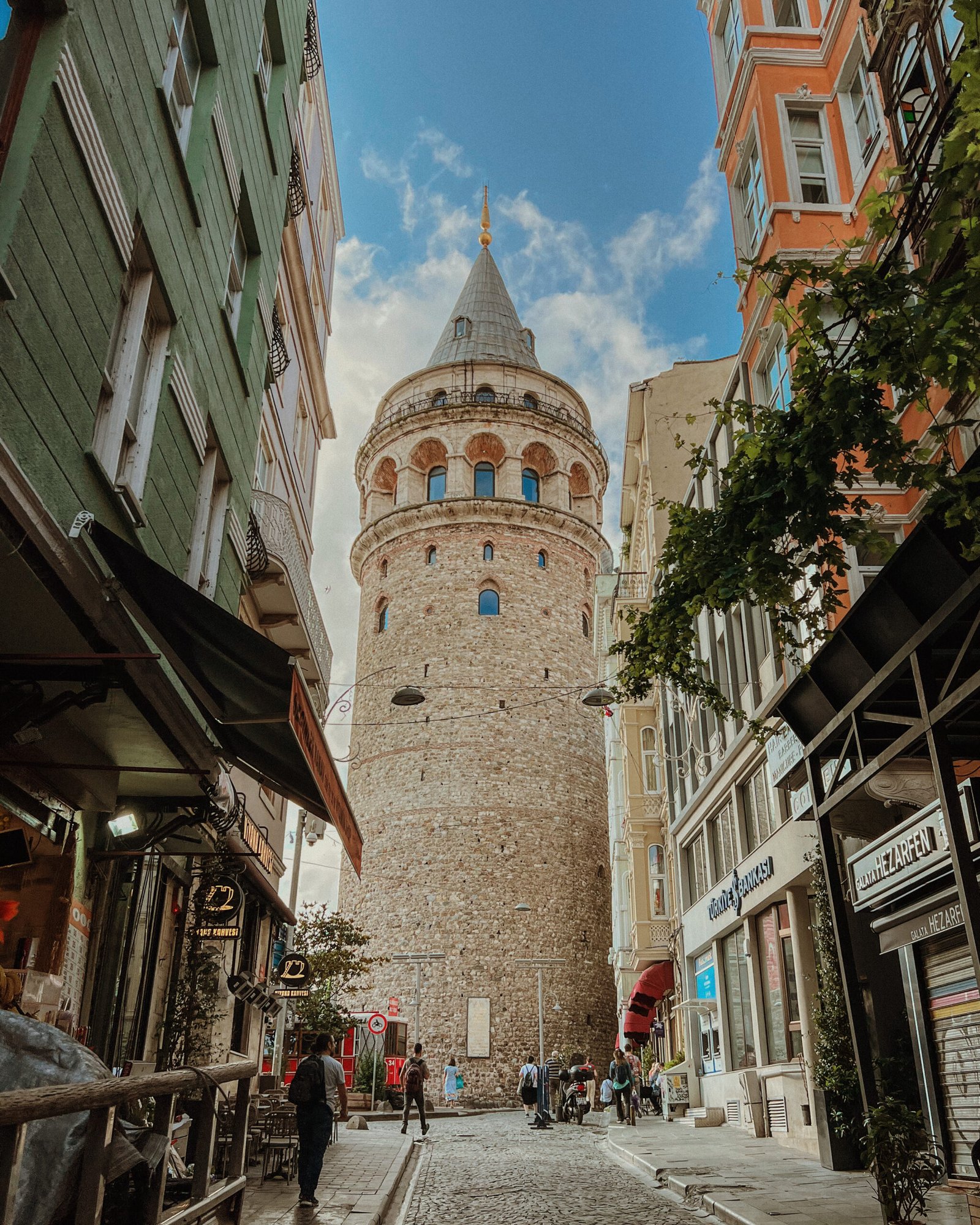
TRANSPORT
Air Transport: the flight system within Turkey is very affordable and there are a surprising number of flights. The 2 main airlines that fly to almost all airports are Turkish Airlines and Pegasus.
rental car: many people choose this option because the roads are generally good. Nevertheless, it is important to note that some of the distances between destinations will be long: from Cappadocia to Istanbul there are 10-12 hours. From Cappadocia to Ephesus there are some 12-14 hours.
Another option is to rent a car only in those destinations where you think this transport will be most necessary. (like in cappadocia, thanks for the recommendation Adrian!), and fly between those farthest destinations like we did.
Uber o Taxi: one of my favorite options, comfortable and very affordable. In general we did not have any problems, although in cities like Istanbul we found some taxi drivers who did not want to put the meter and asked us for exaggerated amounts for small journeys, so always ask first before riding to avoid surprises.
Bus: the distances are the same as for car trips, but it can be cheaper and there are night buses too.
Train: it seemed to us the most complicated form of transport in this country. The train also does not reach all destinations, so i wouldn't recommend it.
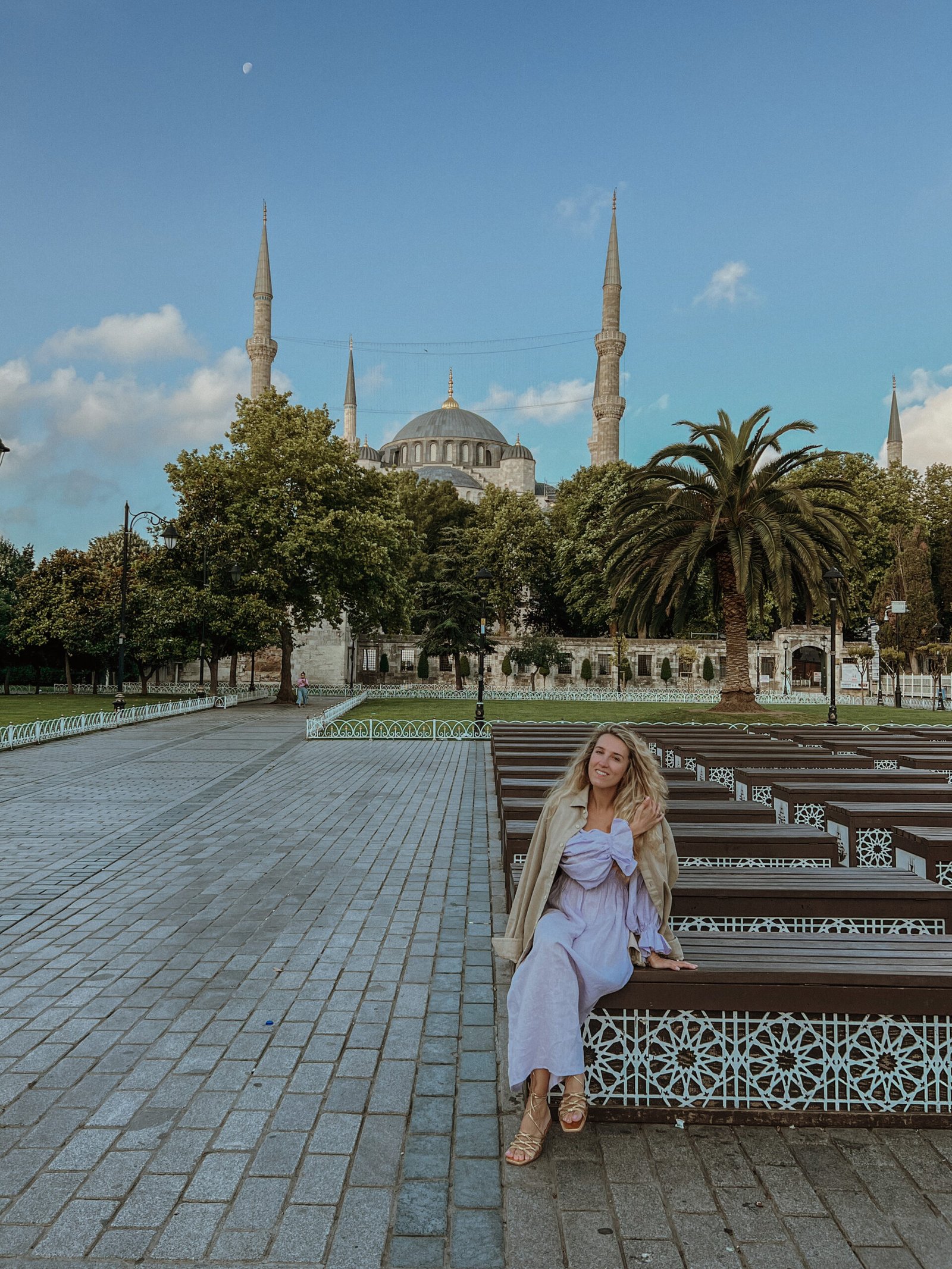
HOW TO DRESS IN TURKEY
This is a common question, especially among female travelers.
Turkey is a country with a Muslim majority., but it is more secular and less conservative than others, particularly in istanbul.
So, in istanbul you can dress as you want, unless you plan to visit mosques. Women do not need to wear a headscarf unless they are entering a mosque, so I recommend that you put one in your backpack or bag.
further, to enter the mosques, they will also ask women to cover their shoulders and upper arms, as well as the knees.
All visitors will have to remove their shoes to enter the mosques, so take some socks to walk more comfortably on the indoor carpets (and be prepared for foot odor if you are sensitive to odors…)
In the Turquoise Coast you will definitely find people dressed like any normal beach town, and regular swimsuits and bikinis are more generally accepted.

THE BEST SOUVENIRS
Perfume: Rick Steves perfumery was recommended to us, located in the Spice Market. Arifoglu is a well known store in Istanbul (they have some locations) and they have dozens of different scents.
Ceramics: if you like, you will go crazy with the variety and color. You can't resist the beautiful designs and prices.
food: Honey, Turkish delicacies, baklava, nuts, chocolates…the variety is incredible and we fell with several things.
spices: Spice selection and prices are crazy in Turkey. It's tempting to stock up on everything, but I really recommend you to buy those spices that you can't easily get where you live, or which are significantly cheaper in Turkey.
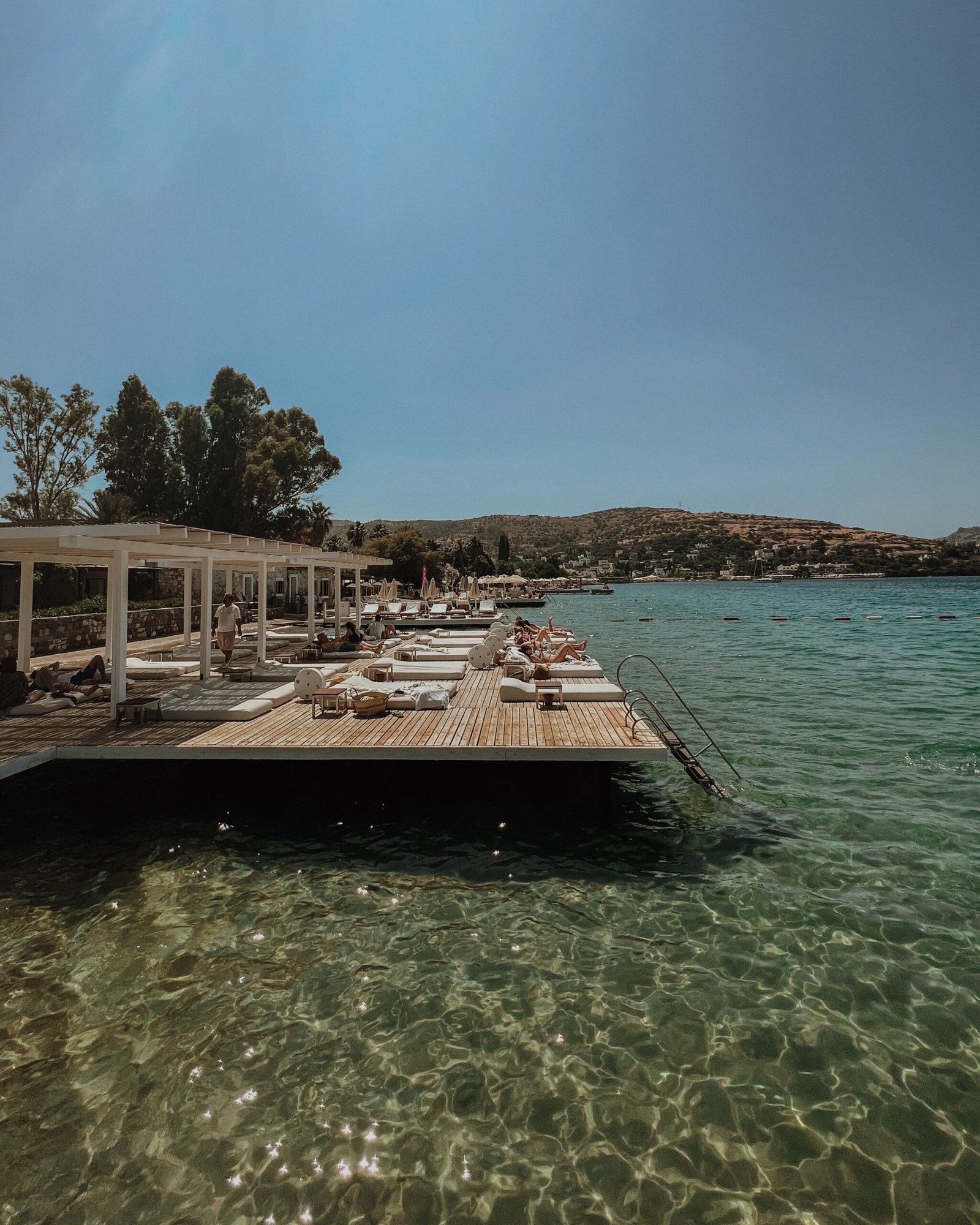
I hope you have found this Turkey travel guide useful.. If you have any suggestion, recommendation or doubt do not hesitate to leave it in comments or send me an email.
______________________________________________________________________________________
Other related posts:
- itinerary 1 week in turkey
- The 15 best coastal destinations in Europe
- Maldives Ultimate Guide
You May Also Like
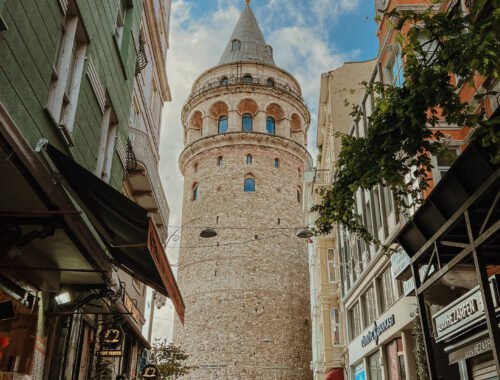
itinerary of 7 Days Around Turkey
August 26, 2022


